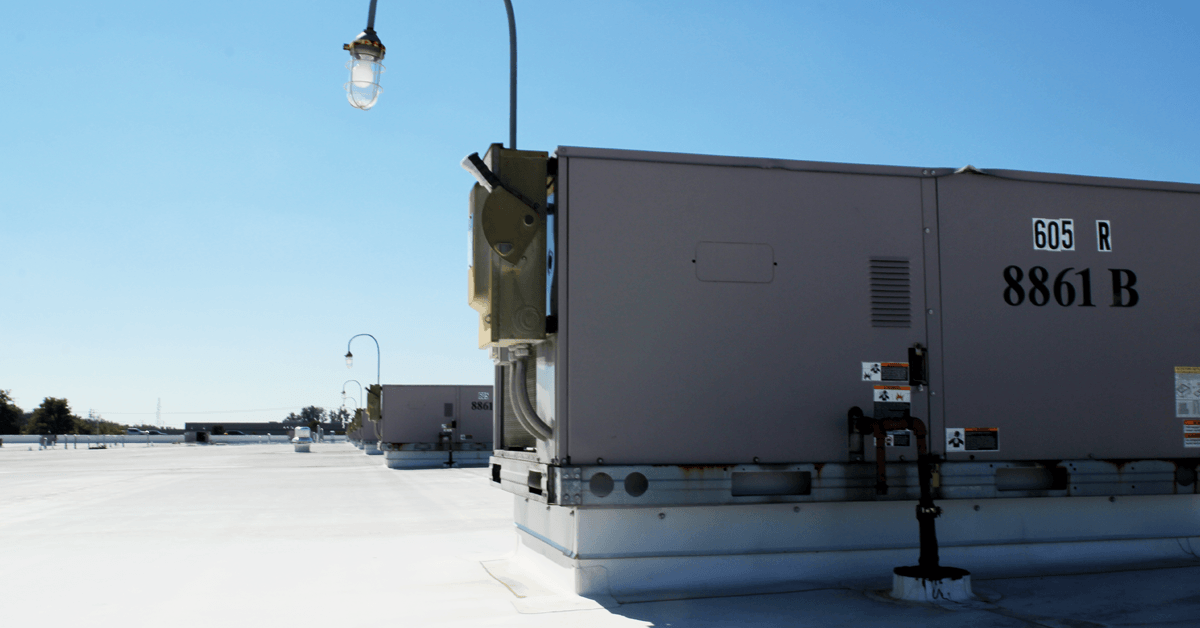Top Challenges Facing the HVAC Industry in 2020 and Beyond
By My Service Depot on Tuesday, October 1, 2019What unforeseen HVAC hurdles lurk around the corner? We take a look at the obstacles your company may encounter in the coming years.
Let’s start with some good news. The HVAC industry is here to stay. With hot summers and chilly winters a reality for most of the country, we’ll never run out of people in need of heating, ventilation, and air conditioning services. In fact, the Bureau of Labor Statistics predicts that 46,000 jobs will be added to the HVAC industry over the next 10 years, which represents a growth rate of 13 percent.
The bad news? There may not be enough skilled workers to fill those jobs. And in addition to a strained workforce, the HVAC industry faces some other challenges in 2020 and beyond. As an HVAC professional, awareness of these challenges will help you overcome them. Here’s what to look out for and how you can respond.
HVAC Workforce Shortages
The root of skilled workforce shortages is up for debate. Do high school counselors steer teens away from skilled careers like those in the HVAC industry? Do too many apprentices fail to complete their coursework and obtain their licenses? Is HVAC work unappealing in comparison to other skilled trades, like electric work or plumbing? If so, why?
The answer likely lies in a combination of factors. But one thing everyone can agree on is that skilled workers have become harder and harder to find. The number of up-and-coming HVAC apprentices is not sufficient to replace the amount of retiring journeymen, leading to a shortage each year. In a way, this can be a good thing: it means you can potentially negotiate a higher salary or look for a job with better benefits as an HVAC professional.
But on the client satisfaction side of things, it’s definitely bad news. If you simply don’t have the manpower to help your clients within a reasonable time frame, they’ll go elsewhere. No one wants to sit on a waiting list when their heater or air conditioner doesn’t work. If you have the desire to grow your business, you may have trouble finding employees with the right qualifications. This can limit your own earning potential.
So, what can you do about it? Get ready to mentor young people in formal apprenticeships. Work closely with local schools to provide information about the HVAC industry and skilled labor in general.
Fluctuating Busy Periods
The ebb and flow of phone calls to your HVAC business represents another challenge to face now and in the future. Sometimes the phone rings off the hook. Other times, you go for hours waiting for someone to make an inquiry.
As you’ve undoubtedly heard, time is money. Low productivity means low earnings. On the other hand, a flurry of phone calls does not necessarily equal a huge increase in revenue. If you poorly manage a higher rate of phone calls and queries, you can also end up losing income due to inefficiency.
The key is to use a scheduling and dispatch software to boost productivity and organization during the peak season and develop a back-up plan for the slow periods. Downturns double as a great time to revamp your website or work on a new marketing campaign. Or, if you manage your finances right, you can take a much-needed breather and just relax.
If you don’t already, track the number of potential customers who contact you each day. Track the kind of queries they make as well (emergencies, routine maintenance, etc.). You’ll need a few years’ of data to truly see the trends, but this can give you valuable insight that can allow you to plan for the natural ebb and flow of work.
Keeping Up With New HVAC Technologies
New technology for the HVAC industry will likely focus on system efficiency and renewable energy. You need to keep up with the latest technologies to remain competitive in the market. For example, if a potential client approaches you about a geothermal HVAC system, you need to know what the installation process involves. Could you intelligently discuss the advantages and disadvantages with the client? If not, they may take their money to an HVAC professional who thought ahead and learned the new technologies.
Other trending HVAC technologies you should familiarize yourself with include DeVAP (Desiccant Enhanced Evaporation) systems, solar powered systems, zoning capabilities, and smart technology.
But what about future HVAC technology that we don’t even know about yet? You can stay up-to-date on technological advances, as well as any political policies that may affect the HVAC industry, by subscribing to a reliable HVAC news source, whether in print or online. Consider attending conferences when you have the funds and time to do so. You don’t have to turn into a walking salesman for new HVAC technology, but you should educate and advise your clients on all the options available.
Doing so will only increase your reputation as a true HVAC professional, as will successfully managing slow and busy periods and mentoring apprentices. Turn these HVAC industry challenges into opportunities to stay competitive.


